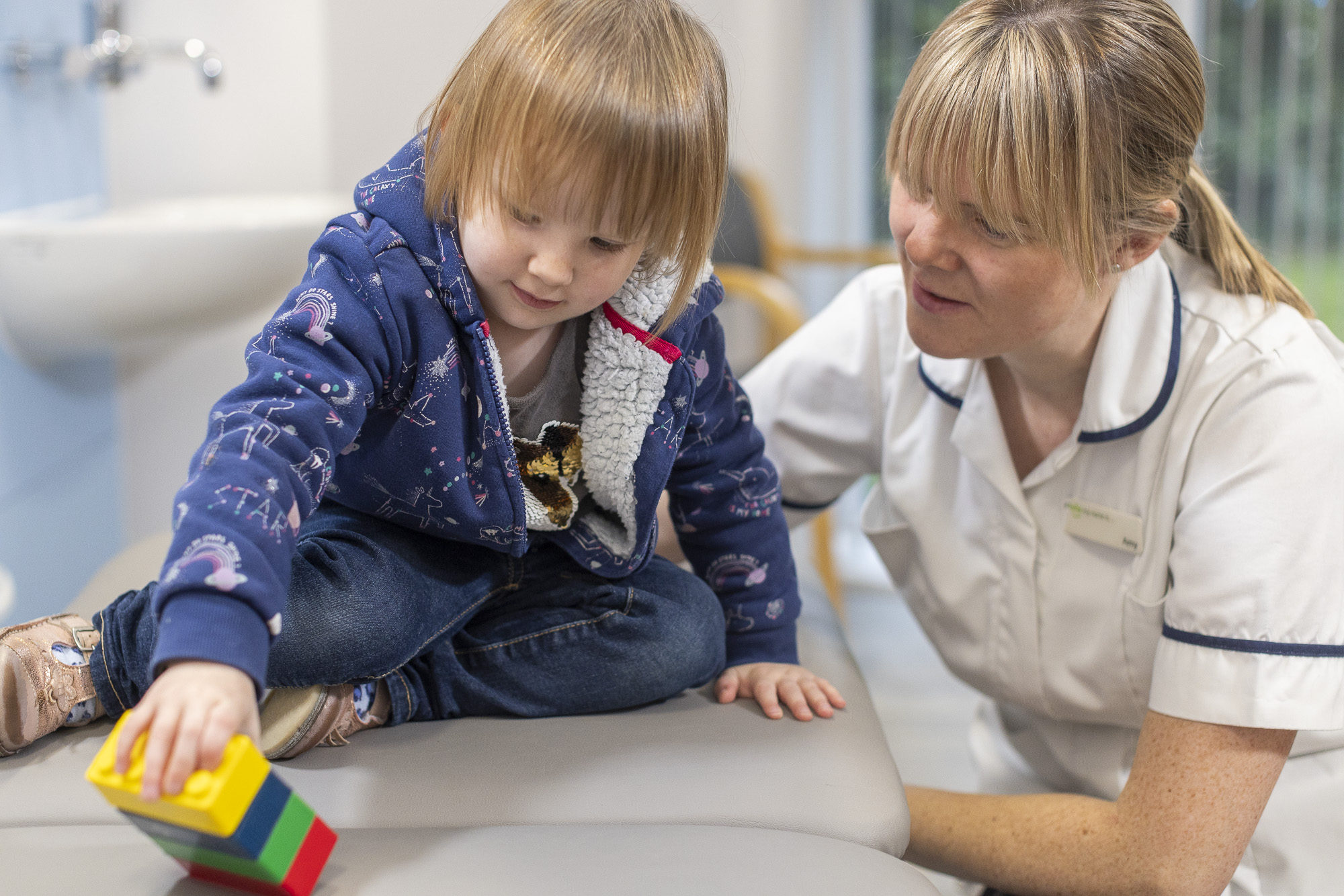
Supporting good health for children
The mission of the Health Sciences University Paediatrics team is to commit to the best possible musculoskeletal healthcare for the infant and child.
Our aim is to help support good health for children, free from musculoskeletal imbalance or disability in the long term. Since infants are the number one user of health care of any age group, it was obvious for us to focus first on the needs of the infant population and their families.
Our team have worked on a variety of projects to answer a range of research questions:
- Who uses our practice? What kinds of complaints are routinely presented to our clinic?
- What do mothers want from our care?
- How do parents rate their satisfaction with care?
- Do excessively crying infants improve with chiropractic care?
- Do infants with reduced cervical spine motion have improved range of motion with chiropractic care?
- Do infants struggling to breastfeed improve with chiropractic care?
- Is chiropractic care safe for children?
Our research has been designed to help find answers to those questions and others. Find our research on the topics and discover more about how we’re helping parents help their children.
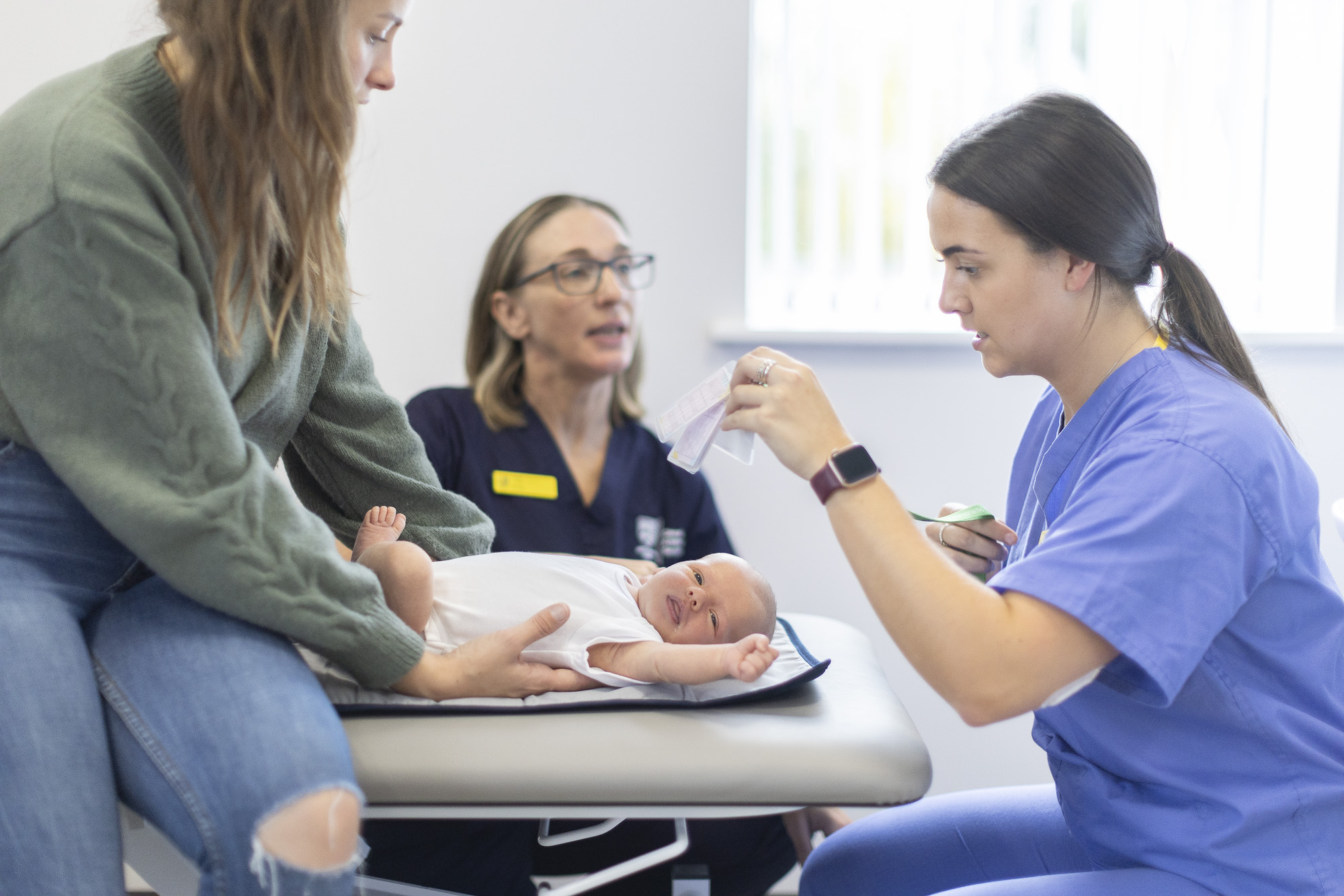
Newborns and Infants
Parenting newborns and infants can be a challenging and stressful time, especially when things do not go to plan. Many of the primary concerns of parents relate to important public health issues for infants. For example, crying is an issue that affects all families with newborn babies.
However some babies cry excessively and inconsolably, with little help available from routine types of care. Research has shown that there is an association between difficult births and excessive crying, or infant colic. It has been suggested that difficult births can lead to musculoskeletal problems in infants. This is particularly the case for infants who cannot sleep comfortably supine.
Other health issues which parents may want help to cope with include:
- Difficulty with breastfeeding, which is protective against morbidity and mortality in both infant and mother
- Infants unable to sleep comfortably on their back, which is protective against sudden infant death syndrome (SIDS)
- Infants unable to turn their head equally both directions, which can later result in an asymmetrical head shape (positional head deformity, plagiocephaly)
It is necessary to provide quality healthcare for infants, and to meet the needs of parents in terms of their infant’s healthcare.
Our research has been designed to help find answers to the questions and challenges facing infant healthcare.
Several studies have shown no adverse events resulting from chiropractic care for the infant. One study of over 7000 treatments in the HSU clinic found no adverse events. The most common side effect reported from treatment was better sleep.
Latest News
Discover and read all the latest news, press releases and happenings here at Health Sciences University.

Health Sciences University (HSU) recently hosted a thought-provoking panel discussion in celebration of International Day of Women and Girls in Science.

Dr Mahitha Naidu has recently graduated from the MSc Podiatry (Pre registration) course at Health Sciences University.
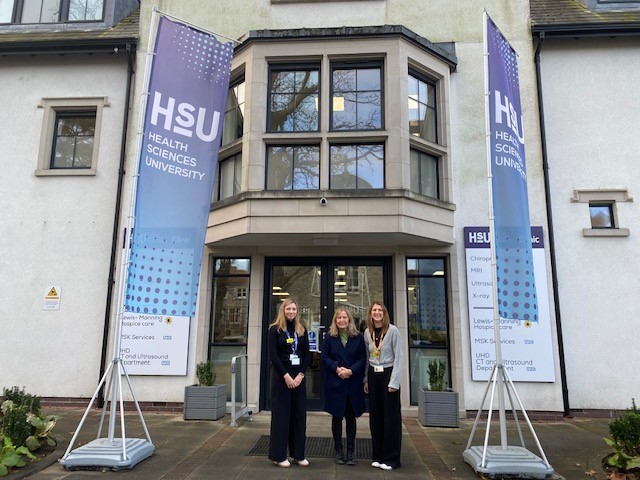
Health Sciences University, in collaboration with Dorset HealthCare, has launched a new Brain Health Clinic on its Bournemouth campus.
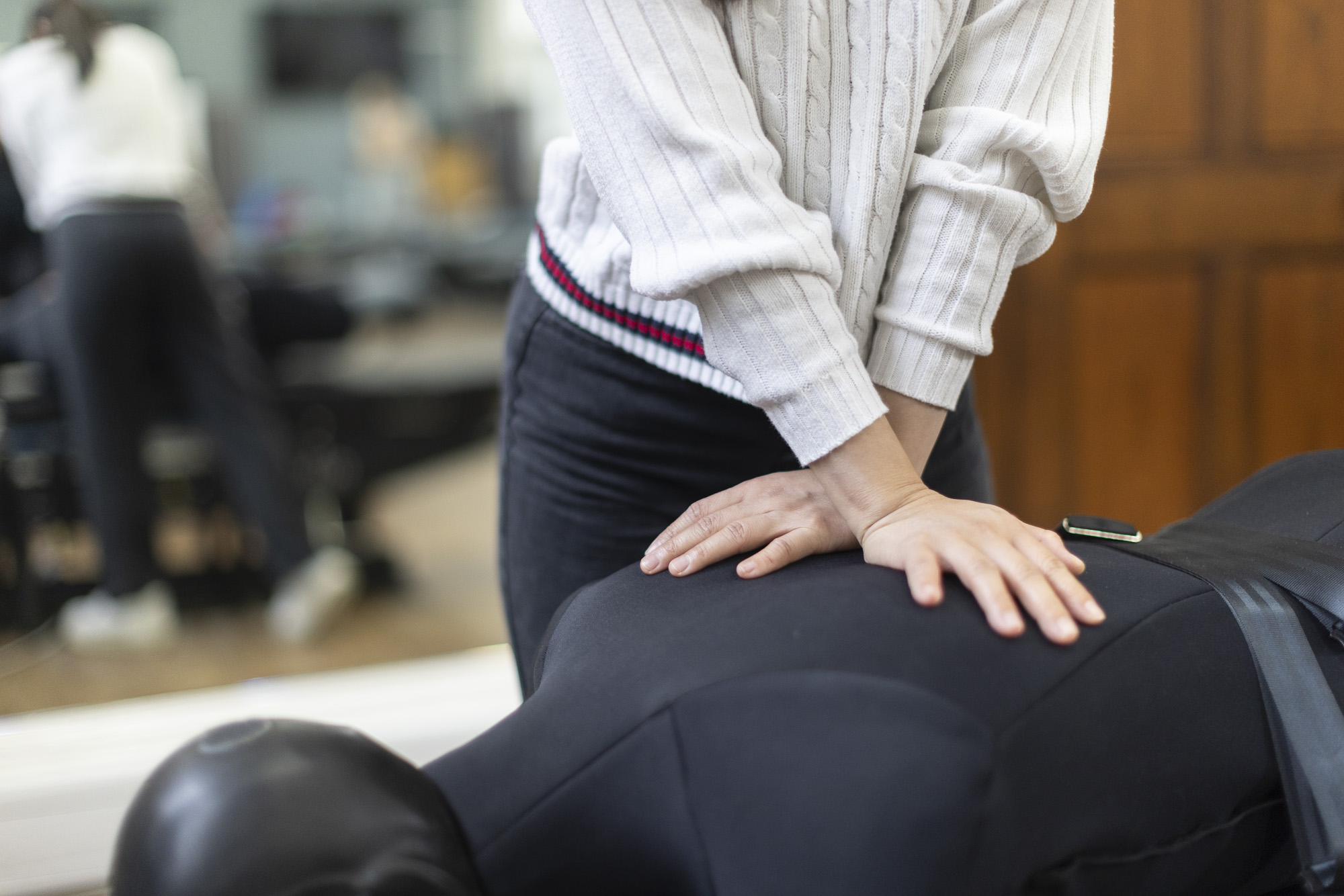
Carla tells us more about her experience of the course so far and what she enjoys about being part of the HSU community.
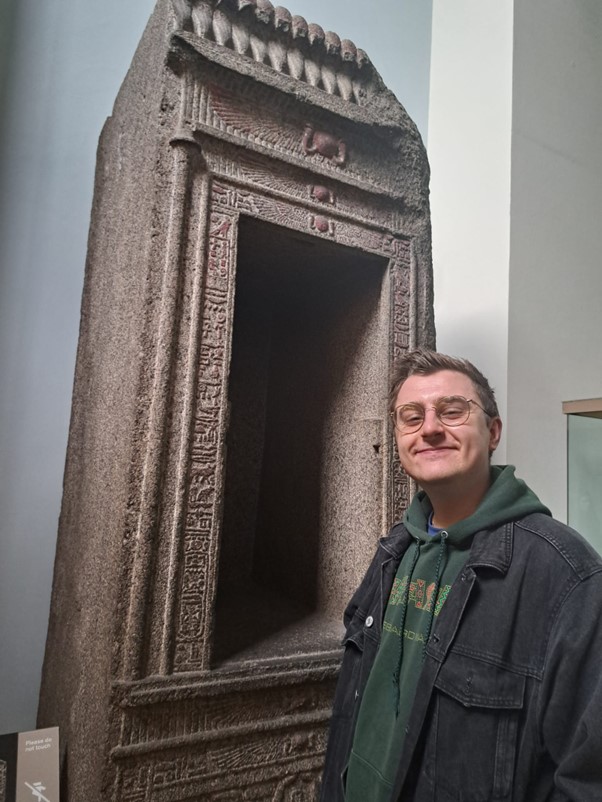
Dan Egelstaff is a First Year student on the MSc Occupational Therapy (pre-registration) course. The degree at Health Sciences University appealed to Dan when he was working as a Learning Disabilities Support Worker during the Covid-19 pandemic.

Natalia Purkiss is in her first year of the MSc Occupational Therapy (pre-registration) course at Health Sciences University.
